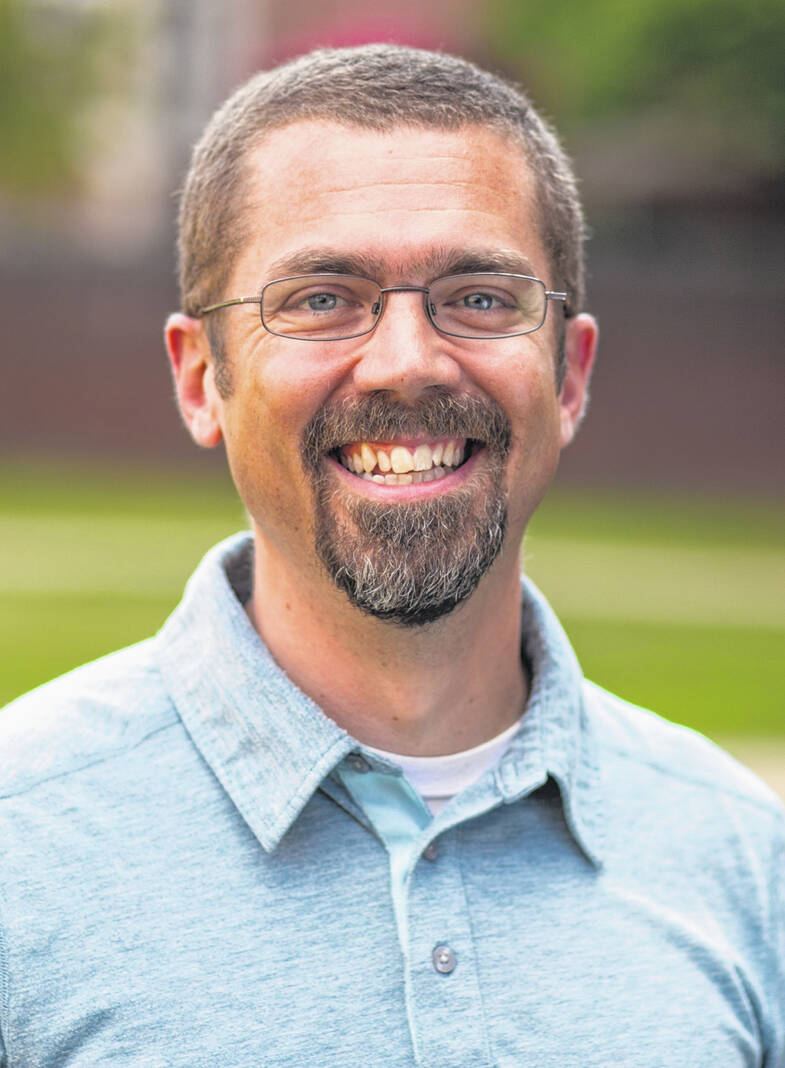
When I was in college, my pastor told me about his favorite book in the Bible – Romans. He explained that, in Romans, the Apostle Paul outlines everything about salvation and how to live the Christian life. He said if he was only allowed one book in the Bible, that would be it. Then he said that if he was only allowed one chapter, it would be Romans 5 because so many of these things are summed up there. And then he said that if he was only allowed one verse it would be Romans 5:8 which reads, “But God demonstrates his own love for us in this: While we were still sinners, Christ died for us.” He explained that he saw this verse as the best summary of the gospel. Finally, he said that if he was only allowed two words from the Bible they would be “but God.”
“But God.” So much is contained in those two words. So many stories in the Bible turn on that phrase. Adam and Eve sinned and disobeyed, but God allowed them to live and to multiply and fill the earth. Humans became progressively more and more wicked, more and more evil, and were to be destroyed in a flood, but God spared one family and gave humanity a new start. Later, one particular people were chosen to be his representatives to the rest of the world, and they kept messing up their job, but God intervened, rescued his people, and preserved his plan for the redemption of the whole world. (This happened repeatedly and is basically the bulk of the Old Testament!)
One of my favorite stories in the Bible is that of Joseph in the book of Genesis. Joseph’s life was, at first, a series of misadventures and mistreatment. His brothers betrayed him and sold him into slavery. He was falsely accused and ended up in prison. But later he found favor with Pharaoh and rose to a position of power and influence. He eventually used his position to save his brothers and the rest of his family from famine. At the end of the story, when Joseph’s father Jacob had died, his brothers feared that Joseph would take his revenge on them. But Joseph reassured them saying, “You intended to harm me, but God intended it for good to accomplish what is now being done, the saving of many lives.”
“But God intended it for good.” Now, there’s a phrase we can hold onto! There’s a phrase that we need. When the stories of our lives take unexpected turns; when pain enters the story; when injustice enters the story; when we can’t see a good end to our story, we can hold onto the goodness of God. He is sovereign and he is good. Joseph knew it. And the Apostle Paul knew it too: “And we know that in all things God works for the good of those who love him, who have been called according to his purpose” (Romans 8:28). They knew they could trust in God’s goodness even when they couldn’t see it.
One last “but God” that I know has sustained me in my own story comes from Psalm 73. Verse 26 reads, “My flesh and my heart may fail, but God is the strength of my heart and my portion forever.” Earlier in the Psalm, the writer explains how he has envied those who have more than him and whose lives are easier, and he questions whether it is worth it to follow God. This has left him “grieved” and “embittered”. Indeed, his flesh and heart have failed him. But he clings to the truth that God is his provider and God is always with him. He concludes simply, “It is good to be near God.” This simple truth has sustained me many times.
Let us look for the “but God” in our own stories. Look for the ways he has brought unexpected goodness out of hardship. Look for the ways he has sustained and provided when we lacked so much. Let us always remember that we were sinners, but God gave his own son to die for us. And let us always be thankful for how much is contained in these two words.
William Hayes has been the associate chaplain and director of Wilderness Ministry at Ohio Wesleyan University since 2009. He lives in Delaware with his wife and four children.

